Polyvinyl Acetate VS Polyvinyl Alcohol | JCT Machinery
 Mar 07,2024
Mar 07,2024

 JCT
JCT
1. Monomer Composition
Polyvinyl Acetate: It is derived from the polymerization of vinyl acetate monomers. The repeating unit in the polymer chain is the vinyl acetate group (CH3COOCH=CH2)
Polyvinyl Alcohol: It is synthesized by the hydrolysis of polyvinyl acetate. In this process, the acetate groups in polyvinyl acetate are hydrolyzed to form polyvinyl alcohol. The repeating unit in polyvinyl alcohol is the vinyl alcohol group (CH2CHOH).
2. Solubility
Polyvinyl Acetate: Polyvinyl acetate is insoluble in water and many organic solvents. It is a thermoplastic polymer that softens when heated and hardens when cooled.
Polyvinyl Alcohol: Polyvinyl alcohol is soluble in water, and it forms a viscous solution. The solubility in water is a result of the hydrophilic hydroxyl groups in the polymer chain.
3. Properties and Applications
Polyvinyl Acetate: Polyvinyl acetate is commonly used as an adhesive in various forms, including white glue and wood glue. It is also used in the manufacture of emulsion paints and as a component in certain textile and paper coatings.
Polyvinyl Alcohol: Polyvinyl alcohol has excellent film-forming properies and is often used in the production of water-soluble films. It is employed in applications such as water-soluble packaging, textile sizing and as a component in adhesives.
4. Hydrolysis Reaction
Polyvinyl Acetate: Polyvinyl acetate doesn't undergo hydrolysis under normal conditions. However, it can be hydrolyzed to form polyvinyl alcohol through a controlled chemical reaction.
Polyvinyl Alcohol: Polyvinyl alcohol is the product of the hydrolysis of polyvinyl acetate. The hydrolysis reaction involves breaking the acetate groups in polyvinyl acetate and replacing them with hydroxyl groups.
5. Biodegradability
Polyvinyl Acetate: It is generally considered biodegradable under certain conditions.
Polyvinyl Alcohol: It is also considered biodegradable, especially in the presence of microorganisms that can break down the polymer.
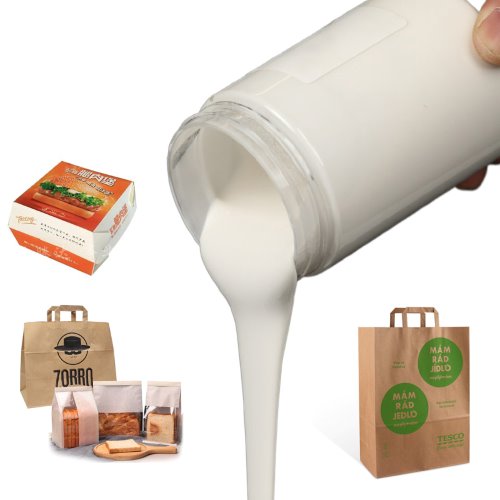


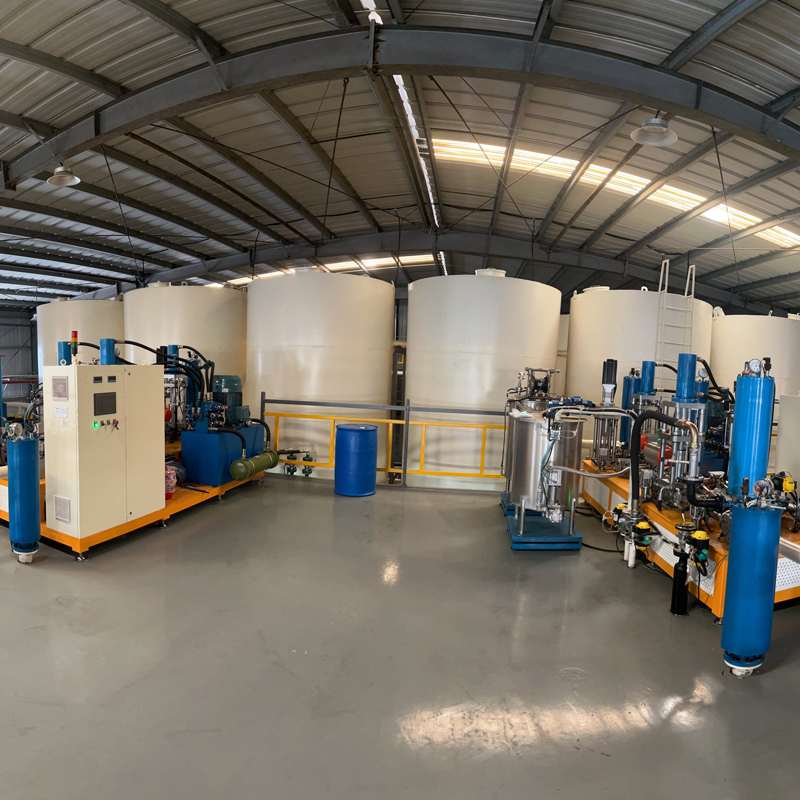
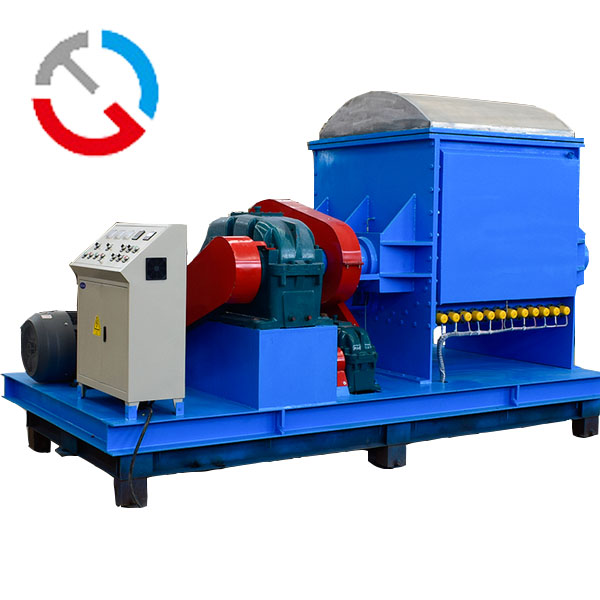
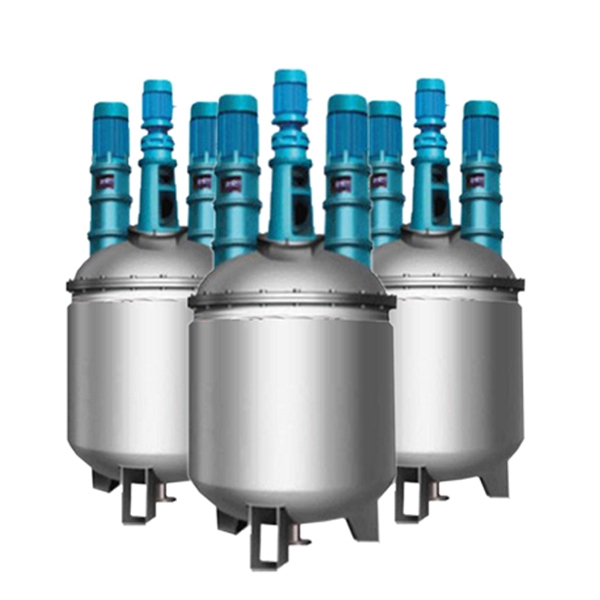
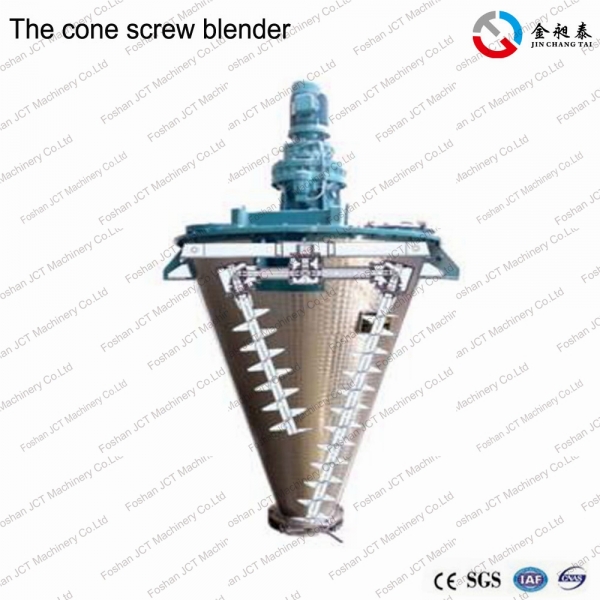
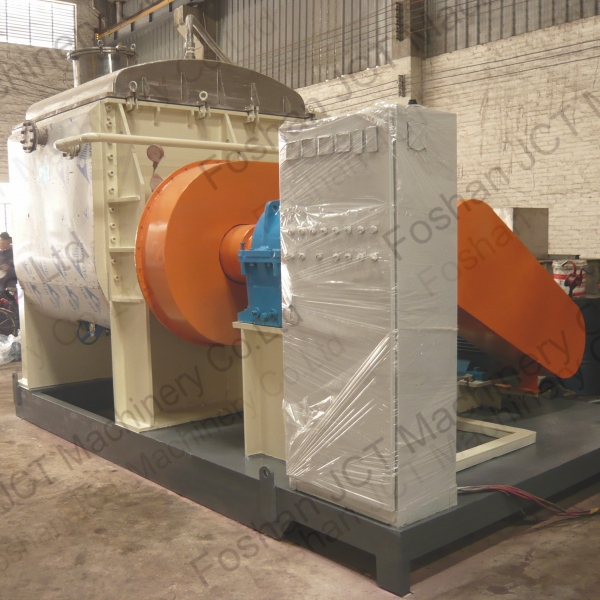
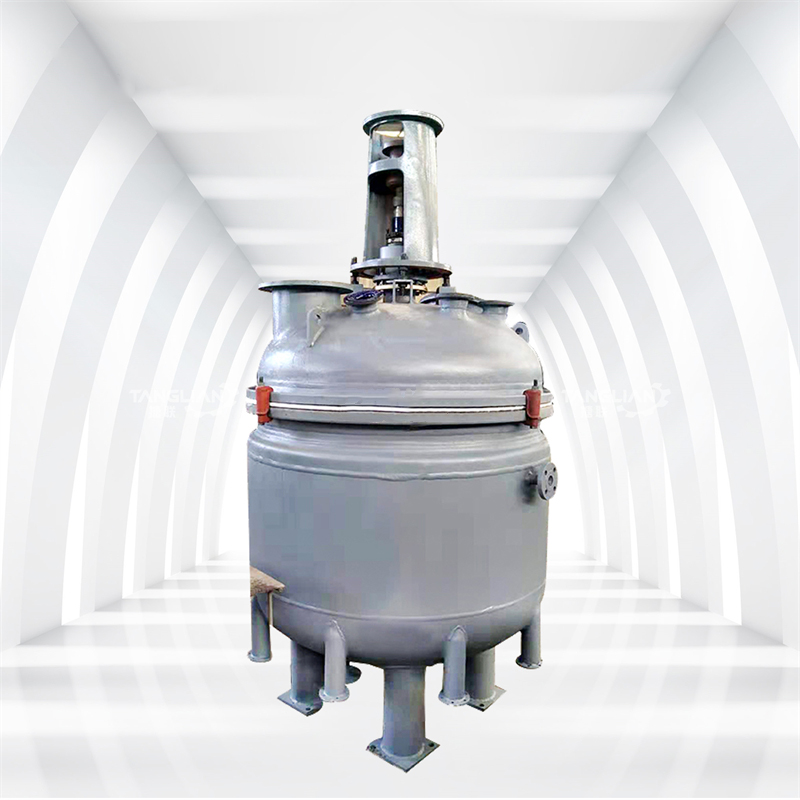
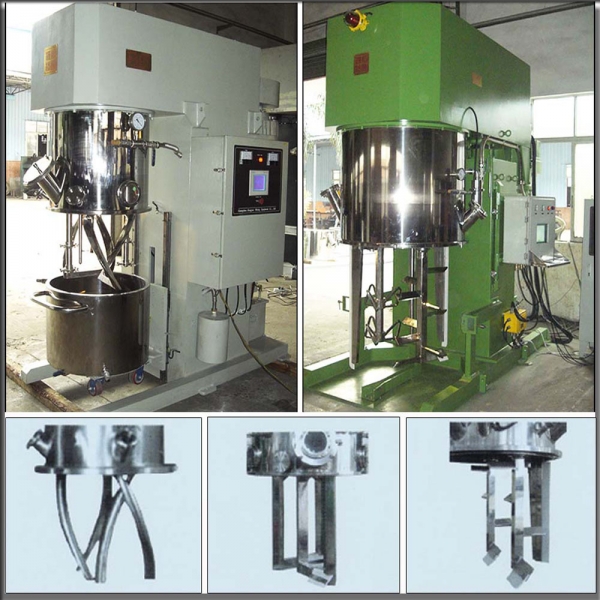


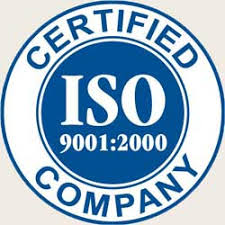



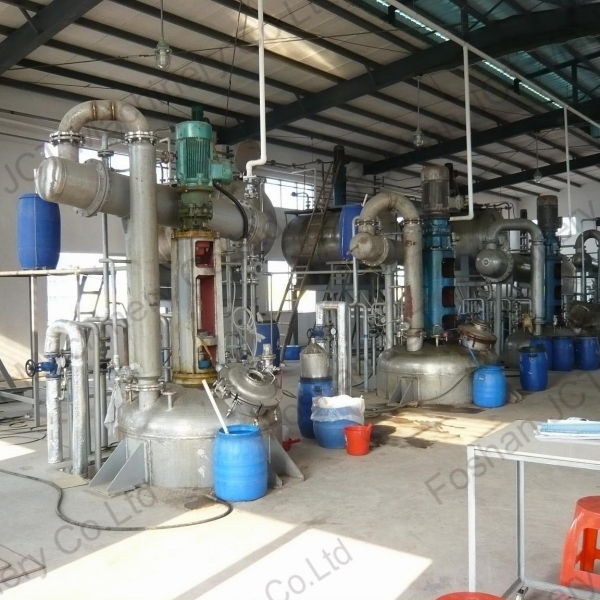
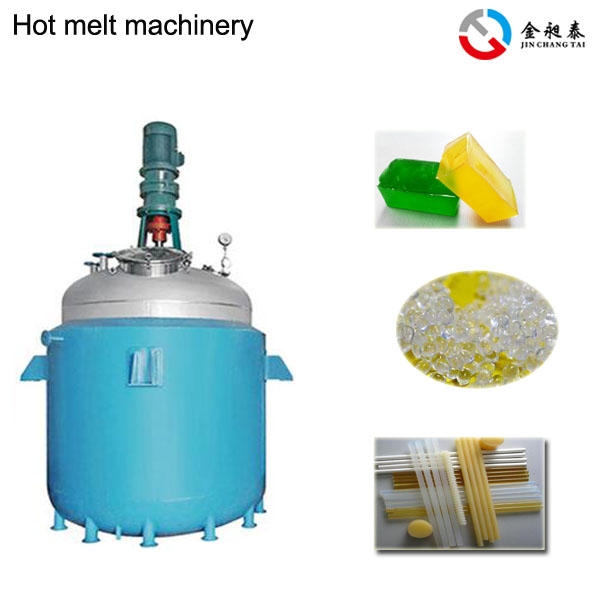
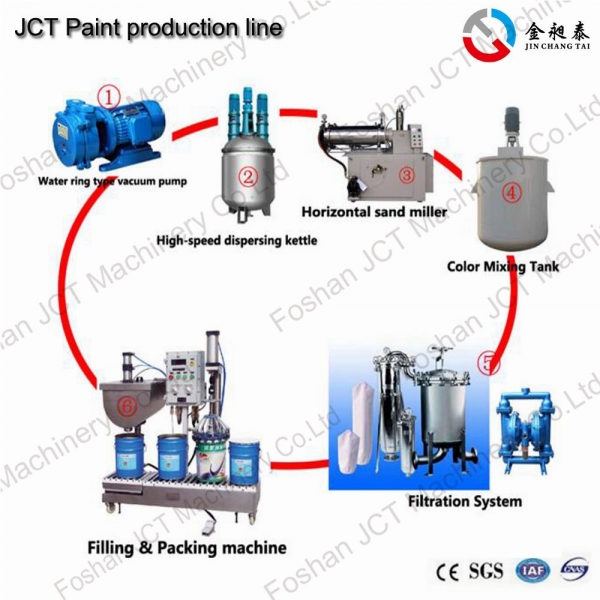
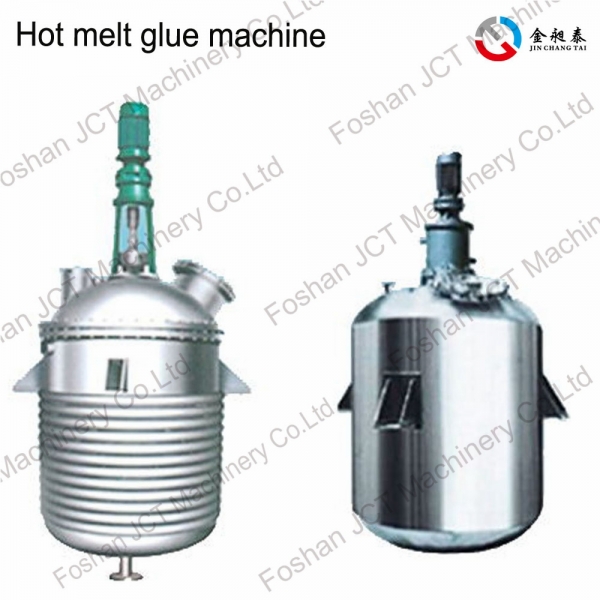
 CN
CN
 HOME
HOME Silicone Sealant Production Line Equipments | JCT Machinery
Silicone Sealant Production Line Equipments | JCT Machinery  You May Also Like
You May Also Like
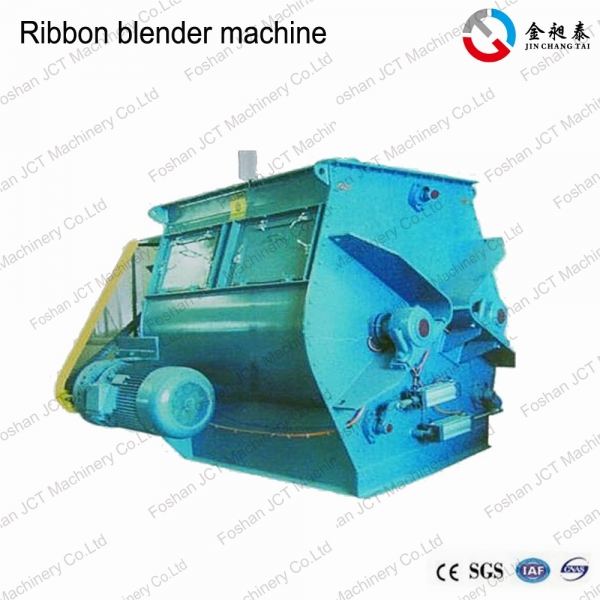

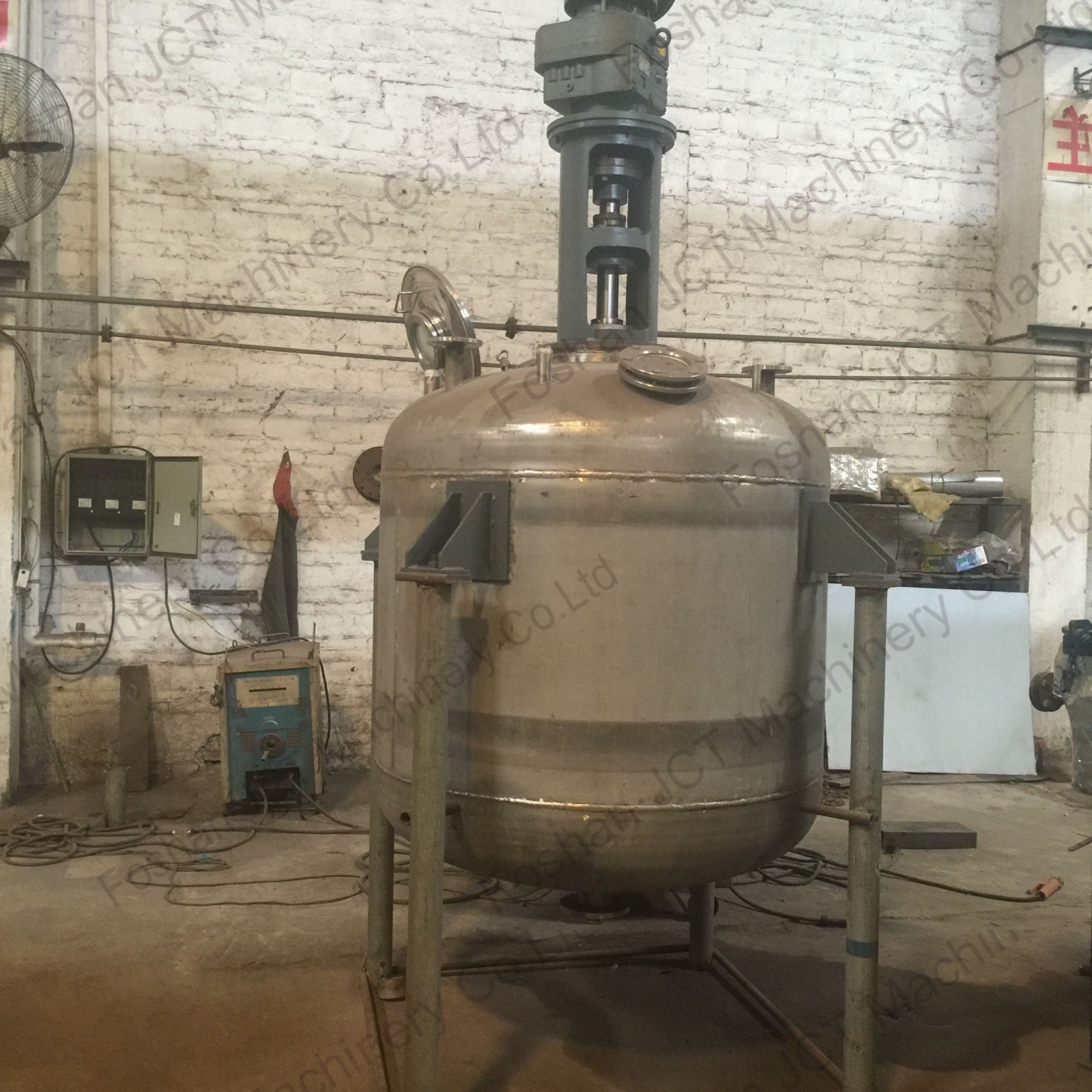
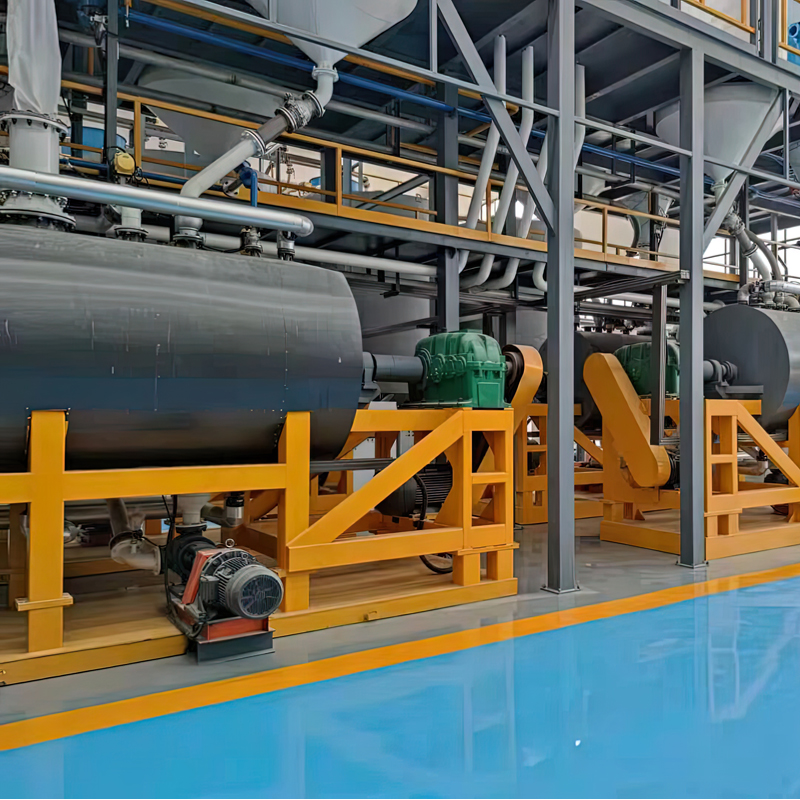

 Tel
Tel
 Email
Email
 Address
Address










